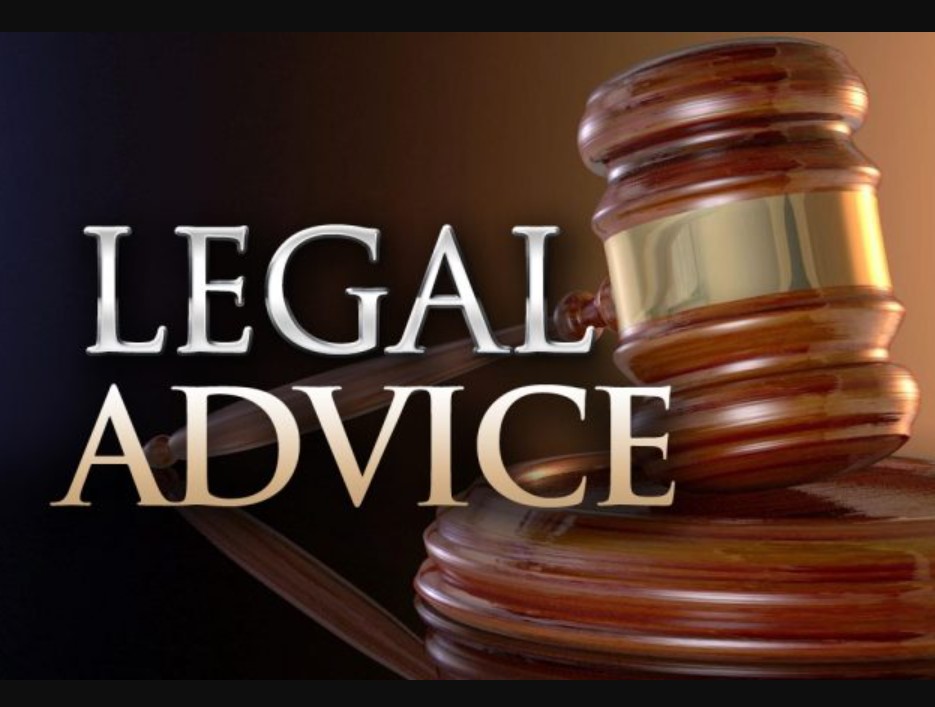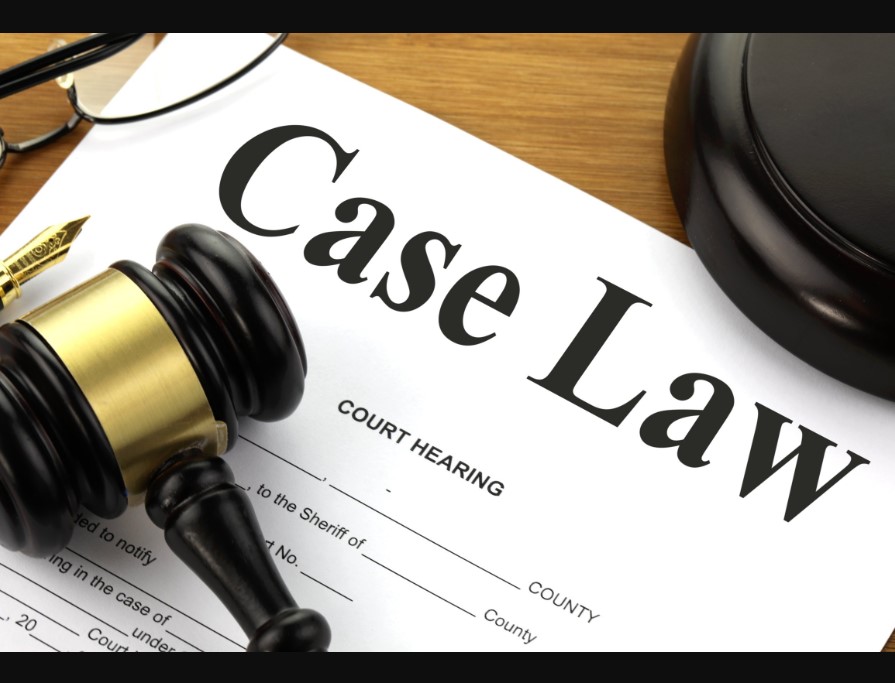
Navigating legal situations can be complex and stressful, especially when the stakes are high. Knowing what legal advice is, when to seek it, and which professionals to consult can make a significant difference in the outcomes of any legal issue. This article will provide a comprehensive overview of legal advice, highlighting its importance, the various types of legal professionals, and when you should consider seeking it.
What is Legal Advice?
Legal advice is the professional guidance provided by a qualified attorney or legal professional concerning the legal implications of a specific situation. Unlike general information about the law, which anyone can give, legal advice is tailored to an individual’s unique circumstances and often involves specific recommendations for action. Legal advice aims to help people understand their rights and responsibilities within the framework of the law.
Legal Advice vs. Legal Information
It’s essential to distinguish between legal advice and legal information. Legal information refers to general statements or explanations about laws, such as a guide on tenants’ rights or an overview of traffic laws. Legal advice, however, is the application of those laws to a particular situation with specific recommendations on how to proceed. For example, an article about employment law is legal information, but advice on handling a specific workplace dispute falls under legal advice and requires an attorney.
Why is Legal Advice Important?
Legal advice is essential because it can have a significant impact on the outcome of legal situations, ranging from minor issues to major disputes. When dealing with legal matters, the stakes are often high, with potential consequences affecting finances, freedom, and personal reputation. Here are a few reasons why seeking legal advice is beneficial:
- Clarity and Guidance: Legal language can be dense and challenging to understand. Legal advice provides clarity, helping individuals comprehend their legal position and options.
- Risk Mitigation: Legal professionals can identify potential risks or complications in a case and provide advice to avoid pitfalls.
- Informed Decision-Making: Good legal advice equips individuals with the information necessary to make informed decisions, whether it’s signing a contract, filing a lawsuit, or entering a plea.
- Improving Outcomes: With professional guidance, individuals are more likely to achieve favorable outcomes, either through negotiation, mediation, or court proceedings.
When Should You Seek Legal Advice?
Determining when to seek legal advice is crucial. Here are some situations where consulting a lawyer can be particularly beneficial:
- Criminal Charges: If you’re facing criminal charges, you should seek legal advice immediately. A criminal lawyer can guide you on your rights and work to minimize penalties or even get charges dropped.
- Family Matters: Issues such as divorce, custody battles, and estate planning often require legal advice to navigate complex emotions and legal nuances.
- Contracts and Agreements: Whether for business or personal reasons, signing or drafting a contract is a scenario where legal advice is essential. A lawyer can help ensure the contract is fair and legally sound.
- Employment Issues: Legal advice can be invaluable when dealing with workplace harassment, discrimination, wrongful termination, or contract disputes.
- Financial Matters: When dealing with debt, bankruptcy, or financial disputes, legal advice can help protect assets and provide the best course of action.
- Starting a Business: From selecting a business structure to drafting agreements and dealing with regulatory compliance, legal advice can prevent costly mistakes for entrepreneurs.
- Property and Real Estate: Buying or selling property, leasing, or dealing with property disputes often involves legal complexities that require professional guidance.
Types of Legal Professionals and Their Specializations
Different legal issues require different types of lawyers or legal professionals. Here is an overview of common legal specializations and how they can assist in various cases:
Criminal Lawyers
Criminal lawyers represent individuals accused of crimes. They handle cases from minor infractions to severe offenses and work to ensure a fair trial, negotiate plea deals, and protect the accused’s rights throughout the process.
Family Lawyers
Family lawyers specialize in cases involving family relationships, including divorce, child custody, adoption, and domestic abuse. These lawyers often handle highly emotional cases, requiring a sensitive yet assertive approach.
Corporate Lawyers
Corporate lawyers advise businesses on legal matters, including compliance, intellectual property, mergers, acquisitions, and contracts. They play a critical role in helping companies avoid legal pitfalls and stay compliant with industry regulations.
Personal Injury Lawyers
These lawyers assist individuals injured due to someone else’s negligence. Personal injury lawyers handle cases involving car accidents, workplace injuries, medical malpractice, and product liability, working to secure compensation for damages.
Employment Lawyers
Employment lawyers handle cases related to workplace issues, such as wrongful termination, discrimination, harassment, and contract disputes. They represent either employees or employers and ensure fair treatment and lawful practices in the workplace.
Real Estate Lawyers
Real estate lawyers are specialists in property law, dealing with transactions, zoning laws, property disputes, and leasing agreements. They help clients navigate the complex paperwork involved in property transactions and ensure legal compliance.
Intellectual Property (IP) Lawyers
IP lawyers help individuals and companies protect their intellectual property, including patents, trademarks, and copyrights. They handle cases of infringement and assist clients in safeguarding their unique creations and ideas.
Where to Find Legal Advice
Accessing legal advice has become more straightforward with the advancement of online services, but not all sources are reliable. Here are some avenues to consider:
Law Firms and Private Attorneys
Most people seeking legal advice go to traditional law firms or independent attorneys specializing in the relevant field. While often more expensive, private legal consultations offer in-depth advice from qualified professionals.
Online Legal Services
Many online platforms, such as LegalZoom and Rocket Lawyer, offer affordable legal advice and services, allowing individuals to consult attorneys online. These services can be beneficial for basic legal needs but may lack the thoroughness of in-person consultations for complex issues.
Pro Bono and Legal Aid Services
Some people may qualify for free legal services through legal aid organizations or pro bono (free) assistance from law firms. These services are often available for low-income individuals or in cases involving social justice issues.
Bar Associations
Local bar associations often have referral services that connect individuals with appropriate lawyers. Some even offer free or low-cost initial consultations to help clients decide the best course of action.
Key Questions to Ask Your Lawyer
When seeking legal advice, it’s essential to ask the right questions to ensure you’re fully informed. Here are some important questions to consider:
- What are my options?: Ask your lawyer to outline the potential courses of action.
- What is the likely outcome?: While outcomes are never guaranteed, an experienced lawyer can provide insights into the probable result.
- How long will it take?: Understanding the time frame helps you plan and set realistic expectations.
- What will this cost?: It’s essential to know the potential costs and payment structure upfront to avoid financial surprises.
- What are the risks?: Legal actions often come with risks, so it’s crucial to understand what you’re up against.
Final Thoughts on Seeking Legal Advice
Navigating the legal landscape can be challenging, but knowing when and where to seek legal advice is crucial. Qualified legal professionals provide not only guidance but also reassurance, helping individuals understand their rights, make informed decisions, and protect their interests. While legal advice often comes at a cost, its value in terms of safeguarding rights, avoiding pitfalls, and achieving favorable outcomes is considerable. Whether dealing with personal, professional, or business issues, seeking timely and accurate legal advice is often the best course of action.






